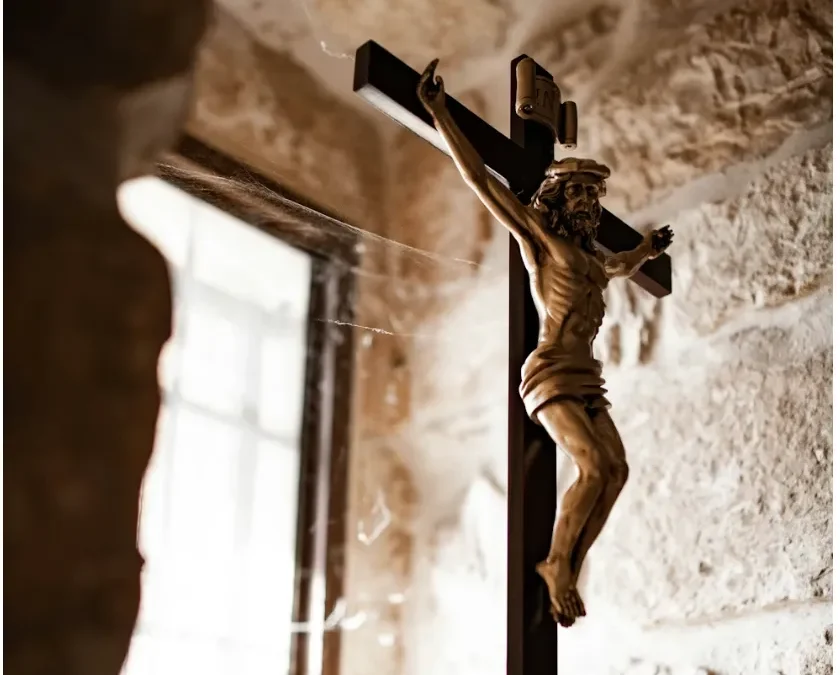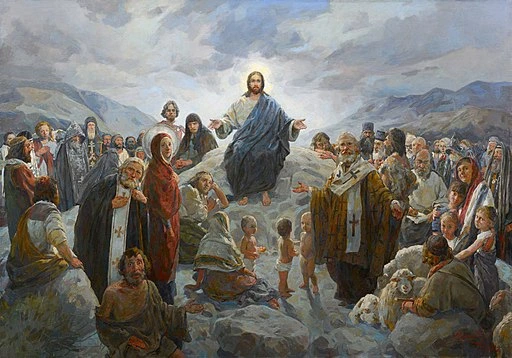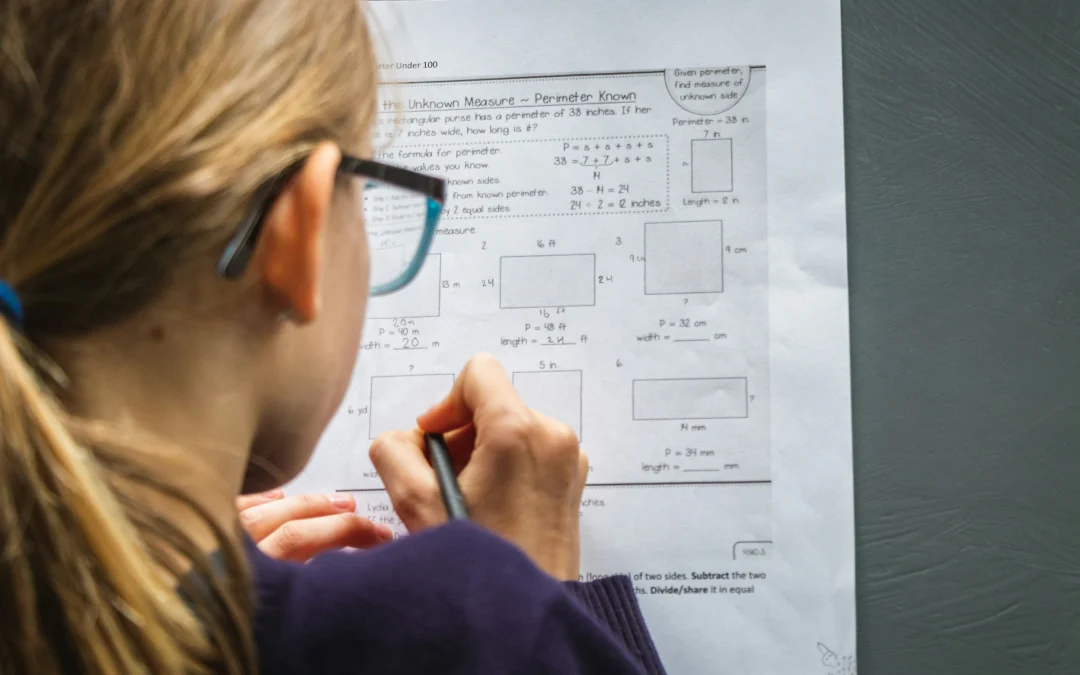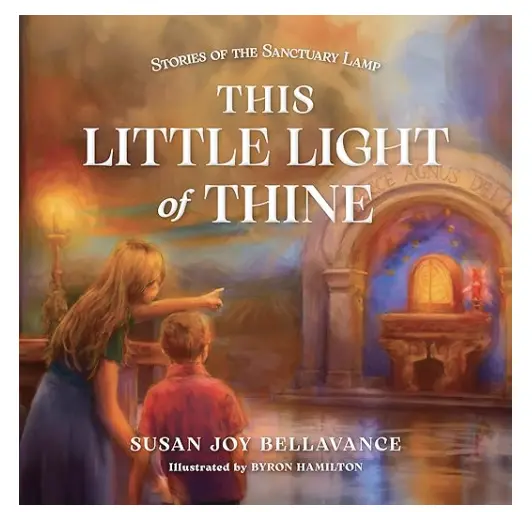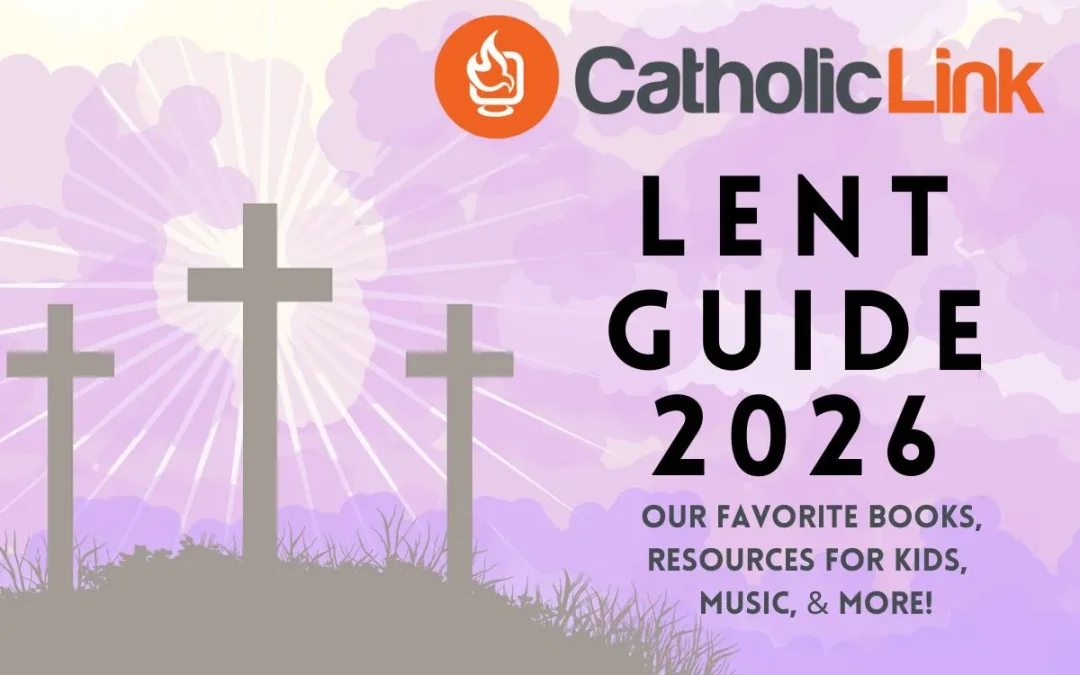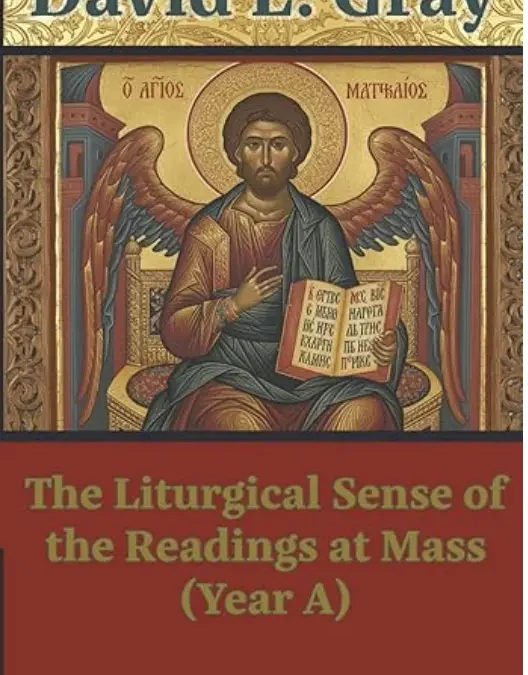And it came to pass, as he was going to Jerusalem, he passed through the midst of Samaria and Galilee.
And as he entered into a certain town, there met him ten men that were lepers, who stood afar off;
And lifted up their voice, saying: Jesus, master, have mercy on us.
Whom when he saw, he said: Go, shew yourselves to the priests. And it came to pass, as they went, they were made clean.
And one of them, when he saw that he was made clean, went back, with a loud voice glorifying God.
And he fell on his face before his feet, giving thanks: and this was a Samaritan.
And Jesus answering, said, Were not ten made clean? and where are the nine?
There is no one found to return and give glory to God, but this stranger.
And he said to him: Arise, go thy way; for thy faith hath made thee whole.
– Luke 17:11-19
Giving Thanks
A foreign leper is cleansed and, in thanksgiving, returns to offer homage to the God of Israel. We hear this same story in both the First Reading and the Gospel today. There were many lepers in Israel in Elisha’s time, but only Naaman the Syrian trusted in God’s Word and was cleansed (see Luke 5:12–14). The Gospel likewise implies that most of the ten lepers healed by Jesus were Israelites, but only a foreigner, the Samaritan, returned.
In a dramatic way, we’re being shown today how faith is the way to salvation, the road by which all nations will join themselves to the Lord, becoming His servants, gathered with the Israelites into one chosen people of God, the Church (see Isaiah 56:3–8). Today’s Psalm also looks forward to the day when all peoples will see what Naaman sees—that “there is no God in all the earth, except [the God of] Israel.”
We see this day arriving in today’s Gospel. The Samaritan leper is the only person in the New Testament who personally thanks Jesus. The Greek word used to describe his “giving thanks” is the word we translate as “Eucharist.” Appropriately, these lepers today reveal to us the inner dimensions of the Eucharist and sacramental life.
We, too, have been healed by our faith in Jesus. As Naaman’s flesh is made “again like the flesh of a little child,” our souls have been cleansed of sin in the waters of Baptism. We experience this cleansing again and again in the Sacrament of Penance as we repent of our sins, beg mercy, and receive it graciously from our Master, Jesus. And like a leper returning to God, we come to glorify Him in each Mass. Here we offer ourselves in sacrifice, falling on our knees before our Lord and giving thanks for our salvation.
In this Eucharist, we remember “Jesus Christ, raised from the dead, a descendant of David,” Israel’s covenant king. And we pray to be like Paul in today’s Epistle, persevering in faith so that we may live and reign with God in eternal glory.
Because God is responsible for creation and all the laws of nature, it stands to reason that He can adjust these laws as He sees fit—even if it means occasionally healing a leper (or ten).
Though the work of creation is attributed to the Father in particular, it is equally a truth of faith that the Father, Son, and Holy Spirit together are the one, indivisible principle of creation.
CCC 316
Lepers were considered in many cases to be as good as dead. Some suffered significantly before surrendering their spirit. Perhaps some others—those without leprosy—were tempted to “help” the lepers with a form of mercy killing. Yet, in the end, there’s no such thing as a mercy killing. It is a clear teaching of the Church that directly taking the life of an ill or elderly person in the name of mercy is a sinful act.
Intentional euthanasia, whatever its forms or
motives, is murder. It is gravely contrary to
the dignity of the human person and to the
respect due to the living God, his Creator.
CCC 2324
Reflect
IN ALL CIRCUMSTANCES,
GIVE THANKS, FOR THIS IS THE WILL
OF GOD FOR YOU IN CHRIST JESUS.
1 T H E S SA LO N I A N S 5 : 1 8
What instructions might I leave to decrease the likelihood that I may be subjected to euthanasia if I were to become incapacitated?
What are the laws in my state regarding euthanasia?
What can I do to help ensure that the law continually reflects the truth of human dignity as it relates to this matter?
Pray
Ss. Damien of Molokai and Marianne Cope, you saw Jesus in the face of the lepers you served. Pray for me, that I consider every person I meet the beloved child of God that she or he is. May I love and serve God by loving and serving each neighbor, even when doing so is difficult or scary. Amen.
Image: Hole, William, 1846-1917, Public domain, via Wikimedia Commons

